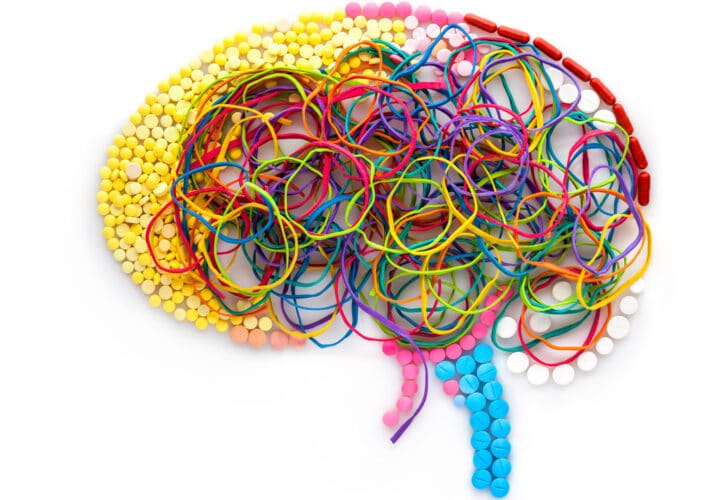According to a study, almost 20 percent of dementia patients receive inappropriate or unnecessary medications.
Jasja De Smedt Kotterman, whose mother died of Alzheimer’s in 2017, said she was always fearful that her mother was in pain toward the end of her diagnosis. She would always ask her mother, who spent her last year and a half in a care home, “Are you in pain?” But beyond a nod or shake of the head, her mother could not communicate with her daughter or doctors, a common inability in late stages of dementia.
A 2018 study found that lack of communication leads to overprescribed medication for dementia patients. According to the study, almost 20 percent of dementia patients receive inappropriate or unnecessary medications.
“Our study found that following a diagnosis of dementia in older people, medication use increased by 11 percent in a year and the use of potentially inappropriate medications increased by 17 percent,” said lead author Dr Danijela Gnjidic, senior lecturer from the faculty of pharmacy and Charles Perkins Centre at University of Sydney, who collaborated on the study with researchers from Yale University and University of Kentucky.
What kind of drugs are being overly or wrongly prescribed? Sleeping tablets, pain drugs, depression drugs and acid reflux drugs, according to study authors, who observed almost 2,500 people.
In older people, some of those drugs have been shown to raise the risk of drowsiness and sedation, which leads to a higher risk of falls. Studies show that people with dementia are five times more likely to be admitted to a long-term care hospital after a fall, and more likely to lead to outcomes like hospital readmission within 30 days or even death.
The inappropriate prescribing happens when hospital staff is not trained to interact with people with dementia, said the study authors. It can also be chalked up to a lack of understanding on the patient’s part.
“A number of reasons may account for this, including inadequate guidelines, lack of time during physician patient encounters, diminished decision-making capacity, difficulties with comprehension and communication, and difficulties in establishing goals of care,” said Gnjidic.
Those close to the someone with dementia know: It’s not just memories that diseases like Alzheimer’s steal; it’s the ability to learn, communicate, walk and eventually even swallow. It’s not surprising that prescription drug use needs more oversight.
“Further efforts are clearly needed to support better recognition of potentially inappropriate medications to minimize possible harms and warrants interventions to minimize such prescribing,” said Gnjidic. “The key is to communicate closely with general practitioners, pharmacists and other health professionals to make informed decisions and to practice good medicine management techniques to minimize the risk of side effects.
And if you’re not sure if the drug your loved one has been prescribed is doing anything, it’s OK to talk to your doctor about stopping it, said study authors.
“Deprescribing unnecessary medications may improve an individual’s quality of life and can reduce unnecessary healthcare cost,” Gnjidic added.
This study was published in The Journals of Gerontology, Series A.




I believe I will learn a lot from this web site on Dementia. I know that my sister is over medicated and I am not getting any answers, she has vascular dementia. Every thing I have read about over medication fits perfectly with what is going on with her. I have read about studies done on dementia and meds, .Where does one turn to turn this around. you mention it an there is a lame excuse behind there reasons for giving these meds.